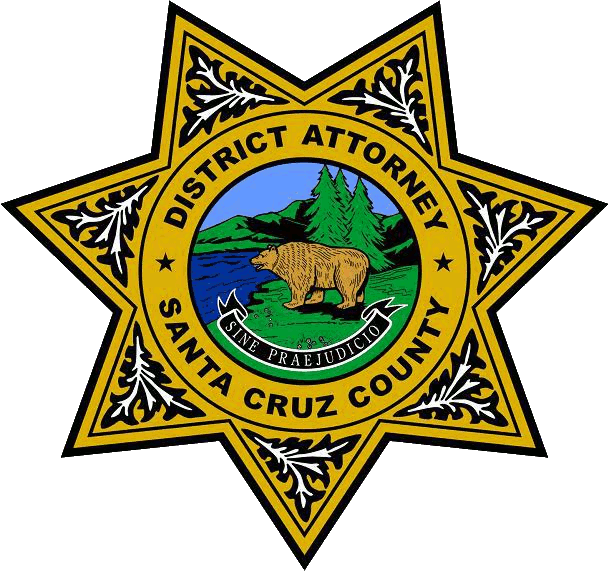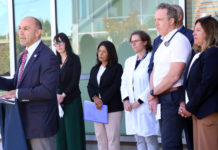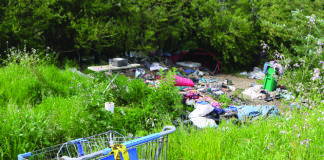SANTA CRUZ COUNTY—Since it was launched in December of last year, the County of Santa Cruz’s Neighborhood Courts Program (NCP) has rerouted 45 misdemeanor criminal cases away from the traditional justice system and out into the community.
A restorative justice-based program of the County District Attorney’s Office in partnership with the Conflict Resolution Center (CRC), NCP utilizes panels of trained citizens to determine outcomes for offenders of certain low-level misdemeanors. For each case, a conference is held that includes three panelists, the offender and the victim. All participate voluntarily.
According to program coordinator Danitza Torres, the initiative has so far worked—successfully giving both offenders and victims in Santa Cruz County a chance to safely discuss the crime, decide on reparations and, eventually, heal.
“Out of 45 conferences … We had 35 participants who have so far completed their agreement, and they’re now completely out of the system,” Torres said. “Which is really good. We’ve had really good feedback. They’re appreciative of the program, and that they have a safe space where they can talk things out.”
The Neighborhood Courts program first started in 2012 in San Francisco and has been used in other communities in California such as Los Angeles and Solano, Santa Clara and Yolo counties. Torres and her team at the CRC were tasked with creating, designing, implementing and overseeing Santa Cruz County’s version of the program.
“We are trying to get people to understand that what we’re doing is not an alternative to the criminal justice system,” Torres said. “Instead, we are trying to bring in everyone who has been involved in the offenses to achieve better, more meaningful and long-lasting results.”
During a conference, offenders are required to first take full responsibility for the harm they have caused. Then, panelists will work with the offender to come up with a list of “directives” they must complete—such as a letter of apology or community service.
“Restorative justice is about bringing everybody who has a say in a particular harm to the table,” said Restorative Justice Programs Director Alaya Vautier. “Neighborhood Courts bring together everyone who has been harmed and who has caused the harm … for them all to have a voice and choice in how that harm is being repaired. It’s really about accountability, community safety and victim voice.”
Vautier says she sometimes hears people label restorative justice “soft” and incorrectly claim that it lets people “off the hook” from their crimes. But that couldn’t be further from the truth, she says.
“The thing is, it’s actually much harder for an offender to take actual responsibility for what they’ve done, to understand the harm they’ve caused, the impacts, and try to repair it,” she said. “It can be a lot harder than just going through the normal court system. [Restorative justice] is kind and non-punitive, but it has very strong boundaries.”
Despite its success, the program is in need of more support. CRC is currently searching for more panel volunteers—in particular, students and bilingual and/or bicultural community members from South County.
“We’ve been doing so much outreach but not getting a lot of response,” Vautier said. “We’re trying to understand what those barriers are and overcome them. We really want our panelists to reflect our broader community. Our panelists right now are stunning, fanatic, top-quality people. But we’d love to see more students, bilingual and bicultural folks just to broaden our panels.”
Volunteers must complete an initial 12-hour training to become a panelist, for a commitment of two years (or one year for students). They must work cases once every other month, attend volunteer meetings once per month and participate in 4-8 training sessions per year. Other requirements include participating as an observer in two court conferences and passing a background check. Immigration status will not be checked.
In all, volunteer panelists’ monthly time commitment is about 2-3 hours per month.
“It’s not as big of a commitment as it sounds at first,” Vautier said. “And there’s a really strong sense of satisfaction that comes with being a panelist. You’re really doing hands-on work … you’re not on the sidelines. You have a voice. You are an active member in creating a strong community.”
For information on the Neighborhood Courts Program go here. For a full list of CRC programs visit crcstantacruz.org.













